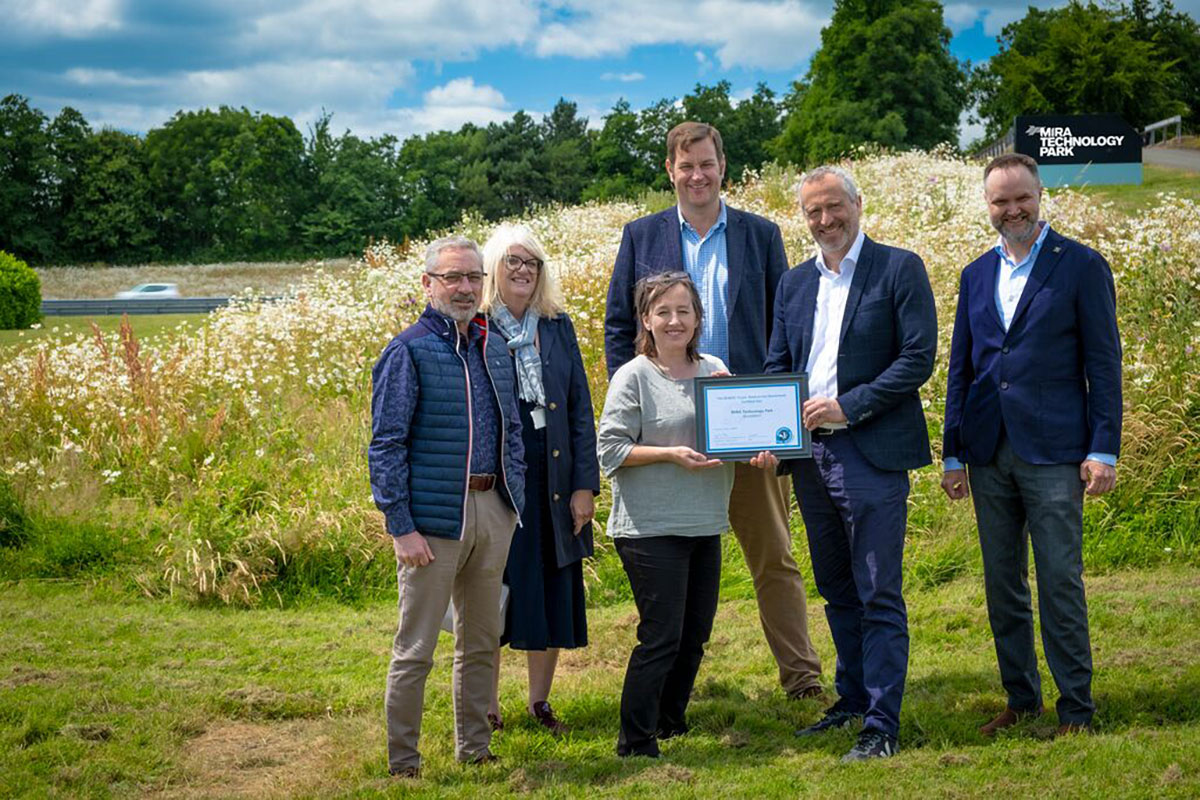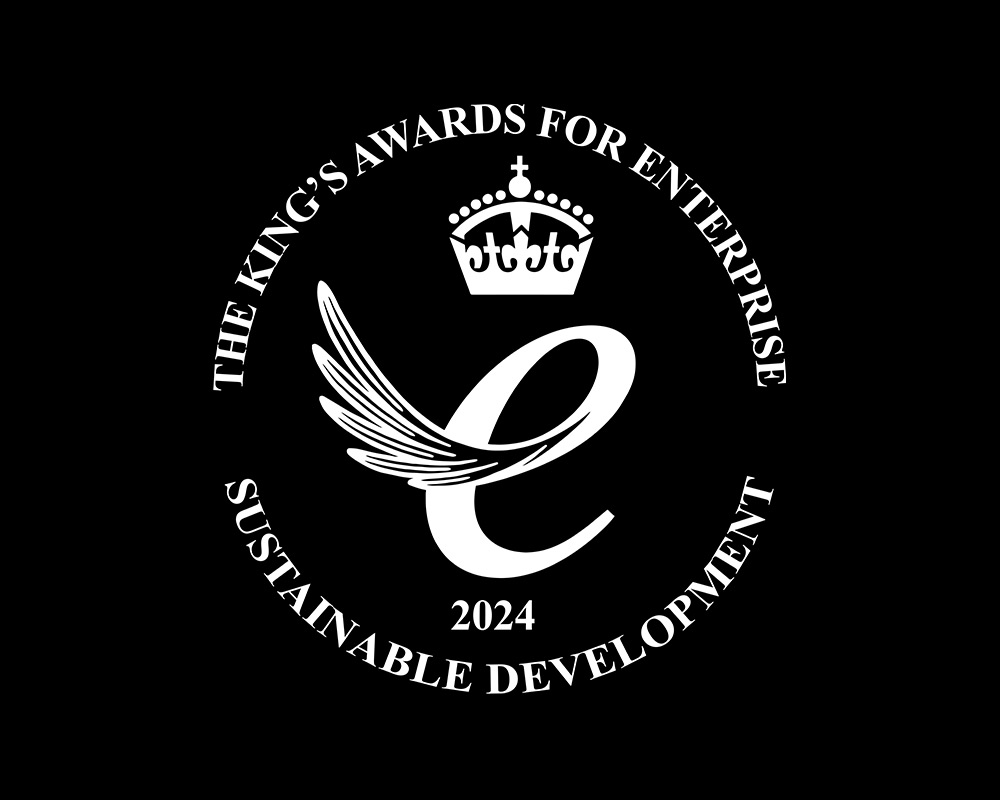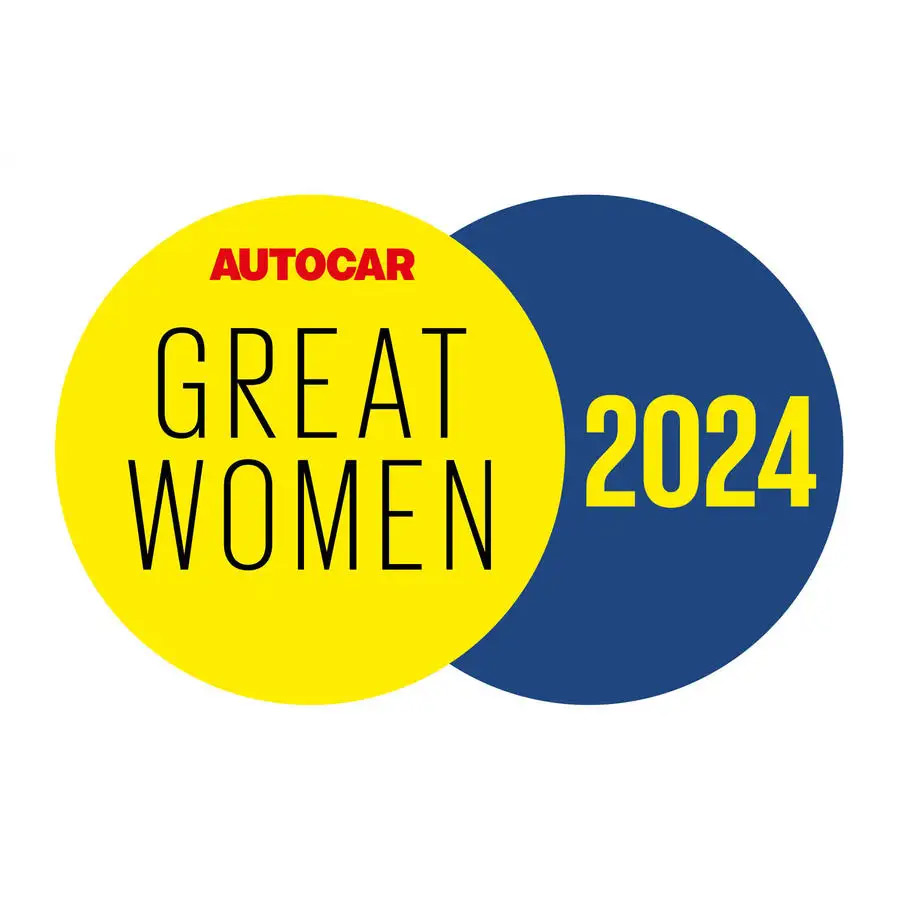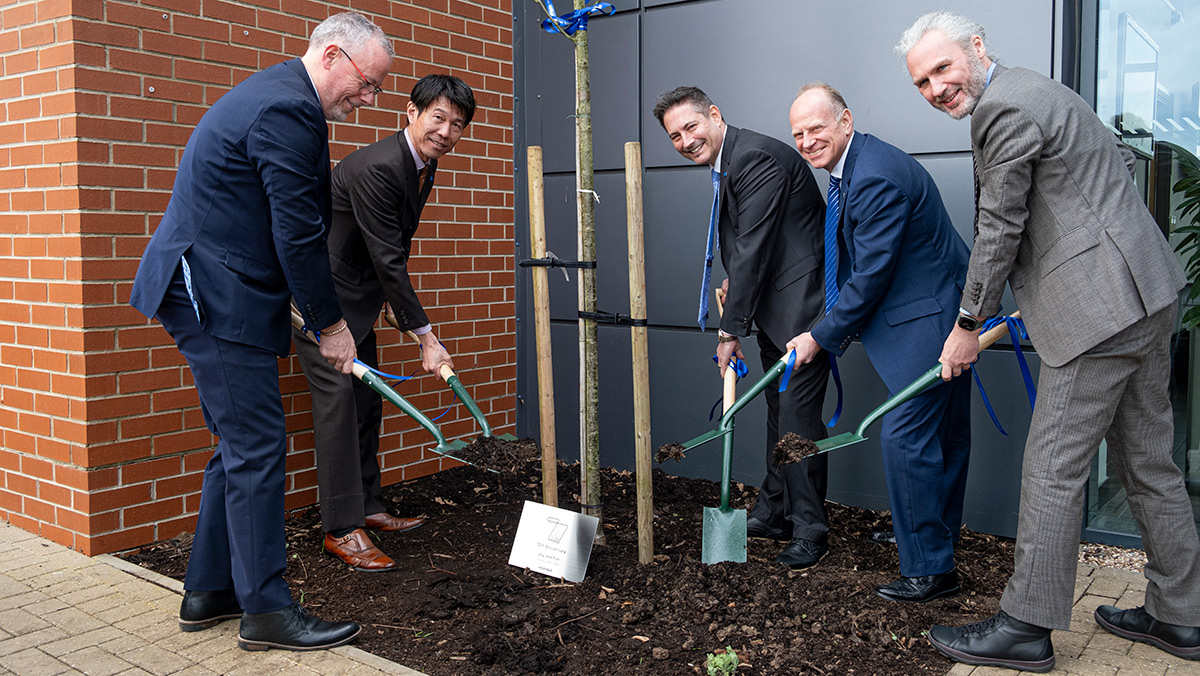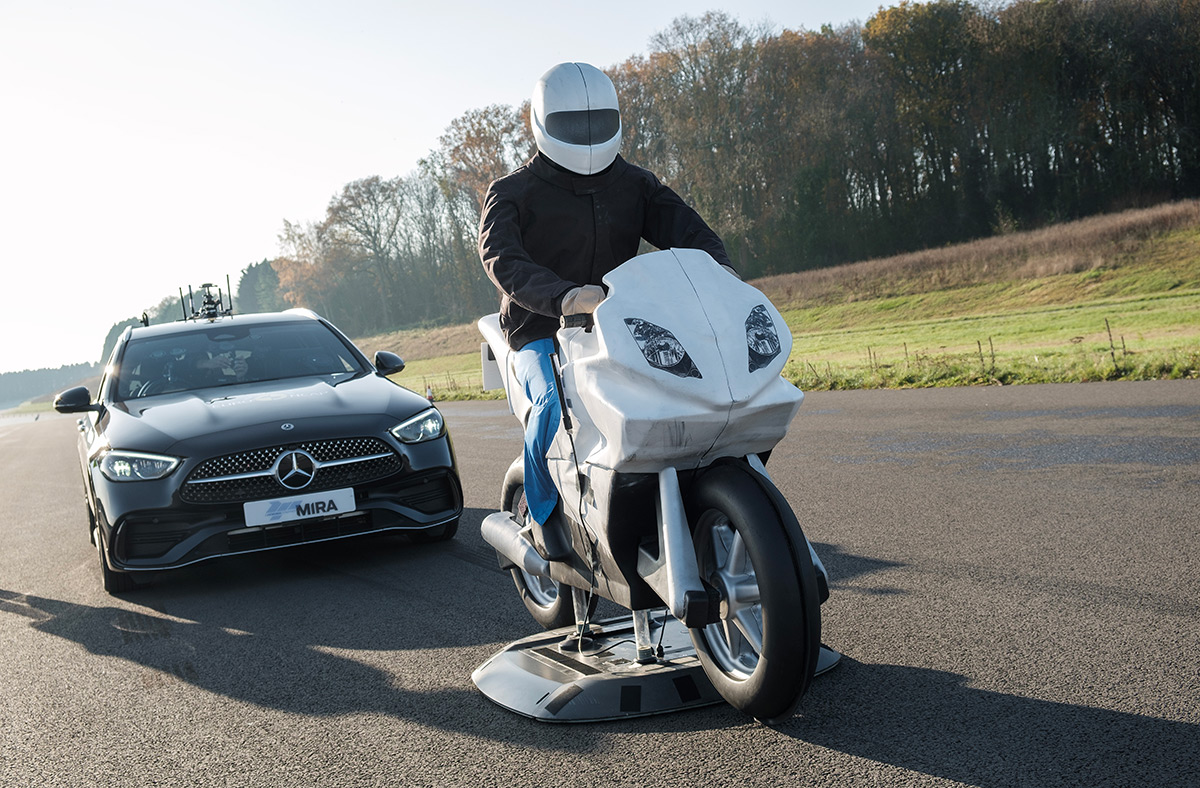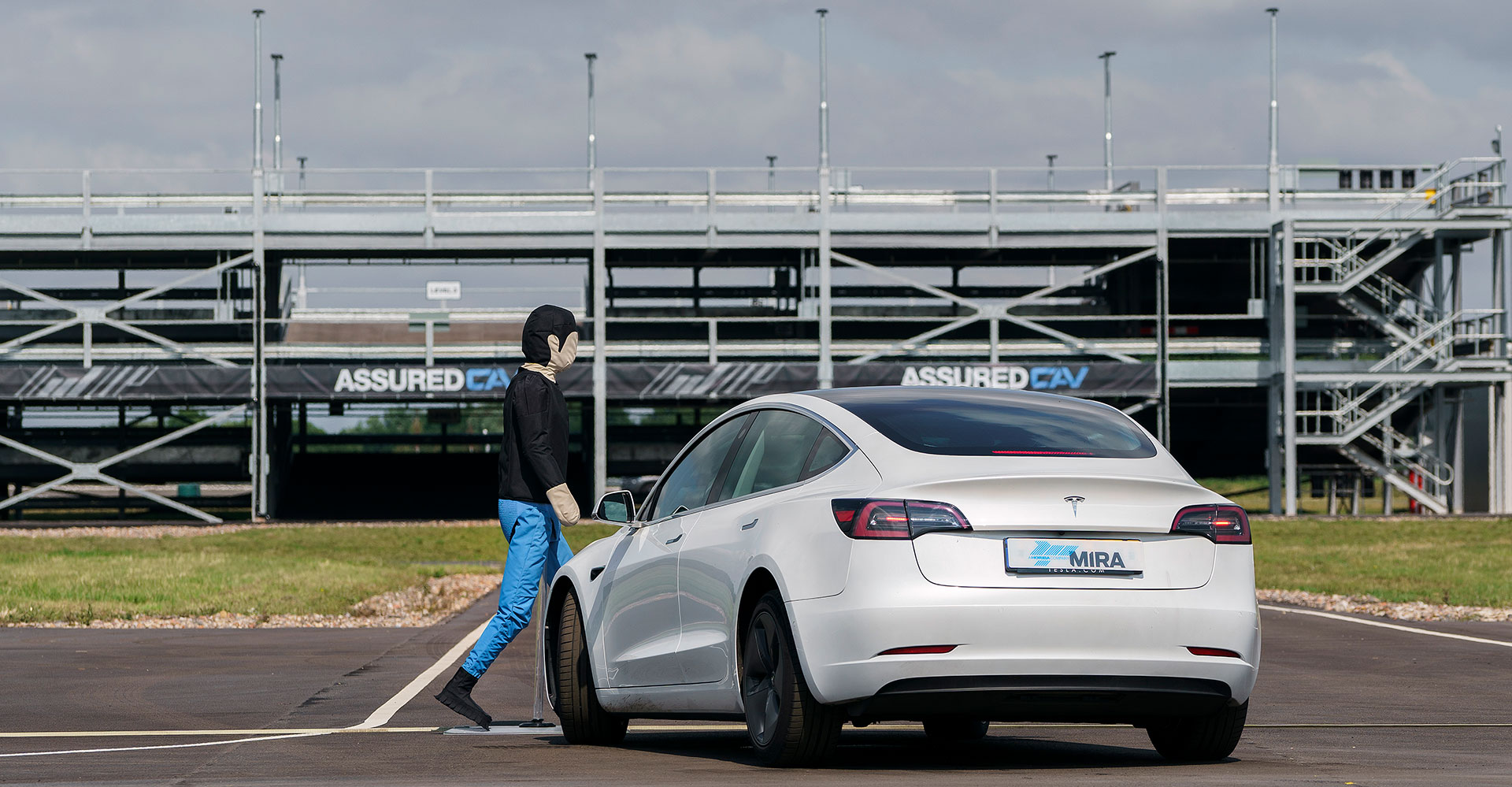CERTUS to enable quicker, cheaper and safer vehicle automation systems for the car industry
HORIBA MIRA, partnered by Polestar, IPG Automotive, Connected Places Catapult and Coventry University are collaborating to reduce the testing costs of automated driving systems by 40%
- Backed by CCAV and delivered in partnership with Innovate UK, CERTUS is a project designed to make the UK the leader in enabling new automated driver technologies
- A key objective is to reduce the £8bn spent annually by the industry testing automated driving systems by a target of 40%
- CERTUS will increase the speed of validation so new automated driving technologies can be brought to market sooner
- CERTUS will qualify risk for all concerned with developing, using, validating and insuring new automated driving technologies
- CERTUS will be delivered by a world-class combination of expertise including a design and technology-led vehicle manufacturer, automotive engineering consultants, automotive simulation specialists and technology and academic partners
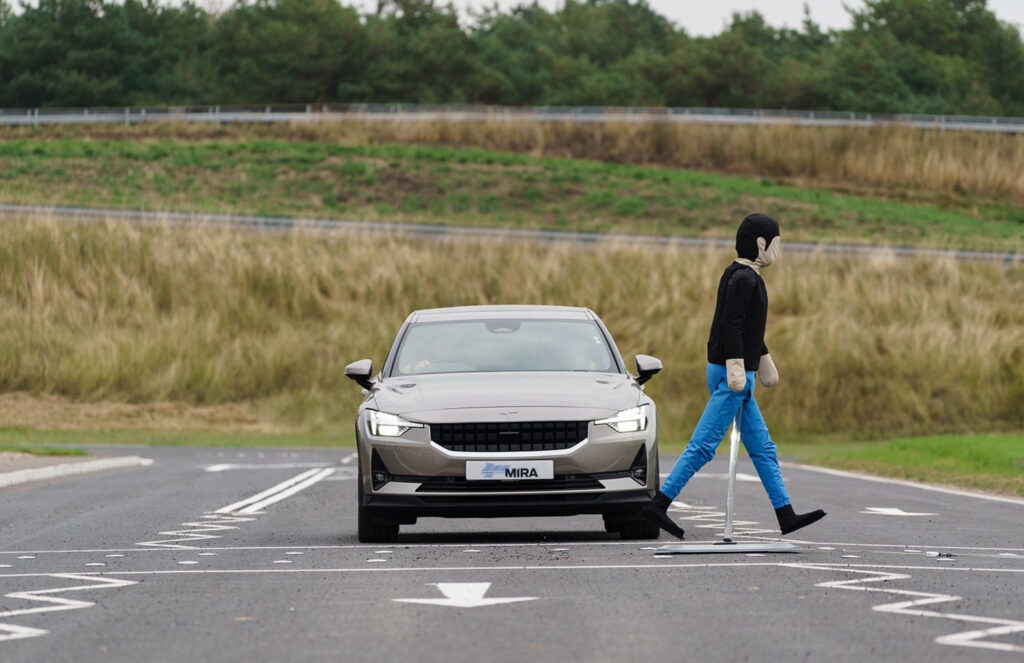
17 October 2023, Nuneaton, UK. HORIBA MIRA and four expert project partners have announced an ambitious collaboration to enable the development of better and safer automated driving technologies. Since the advent of basic forms of driver aids in the 1970s, the development of automated driving systems has grown exponentially to encompass increasing functionality from automated emergency braking to comprehensive driverless solutions. But as this growth in automation has increased, the complexity, time and cost of proving these systems has grown at an equivalent rate.
In a 2021 report by McKinsey & Company, analysis shows that a third of the development costs to bring a Level 4 car to market – up to $400m – is spent in the verifying automated systems. For more complex use cases such as a Level 4 robotaxi, equivalent testing could cost $1.6b and account for 50% of the overall vehicle development costs.
CERTUS, a project funded in part by public monies from CCAV, aims to break this link between the growth in complexity of these systems and the speed and cost of verifying the technology as fit for use on all representative aspects of the public highway.
With limitless potential scenarios that may challenge these new technologies, CERTUS is noteworthy for taking a radically different approach to testing; while traditional methods involve clocking up millions of miles with the aim of validating systems in all circumstances, CERTUS will use AI-driven search space optimisation techniques to deliver a substantial reduction in testing time and resulting engineering verification and validation costs by targeting scenarios most likely to challenge the automated systems operation.
By virtue of clearly defining all parameters in which the new driving systems will be tested, the results can be accurately mapped across the entire UK road network to define where systems will function. This geo-mapping of where new technologies can be safely used will close an information black hole for users, fleet operators, government agencies and insurers to help accelerate the rollout of automated driving technology.
The project has set an ambitious aim of reducing the cost of testing automated driving systems by 40% and reducing the testing costs per vehicle model by an average of £200m; critical to delivering this benefit is the contribution of HORIBA MIRA-based, Swedish performance EV brand, Polestar, as a leading OEM developing a multiplicity of automated driving technologies. IPG Automotive will provide the virtual CarMaker software platform for the project’s simulation capability; Connected Places Catapult will provide the UK road network data to contextualise where the automated systems could operate and Coventry University will manage the project’s interface with government and advance academic research of the results from CERTUS.
As the project lead, HORIBA MIRA will take responsibility for the development of the tools and algorithms required to design the most efficient way to evaluate the automated driving system including a mixed reality platform that will combine the physical test and virtual scenario modelling.
The project commenced in Q3 2023 and concludes in March 2025 with the aim of positioning the UK as a key destination for developing connected and increasingly autonomous vehicles across the global automotive industry.
Declan Allen, HORIBA MIRA’s Managing Director said, “CERTUS delivers an approach that will not just save car makers money, but will also accelerate the deployment of automated driving technology, aiding regulators, insurers and consumers with the adoption of these technologies. CERTUS aims to revolutionise how the increasing array of automated driving technologies are tested and validated for the market by vehicle manufacturers, helping to build confidence in the real-world performance of these systems. Through reducing the time taken to validate these systems by 40%, CERTUS will significantly reduce the most risky, timely and costly part of the automotive design process. Project partners will integrate many tools including scenario coverage techniques, statistical sampling and performance analysis across physical and simulated environments to deliver an advanced toolset to match the quickly evolving vehicle technology in this area.”
